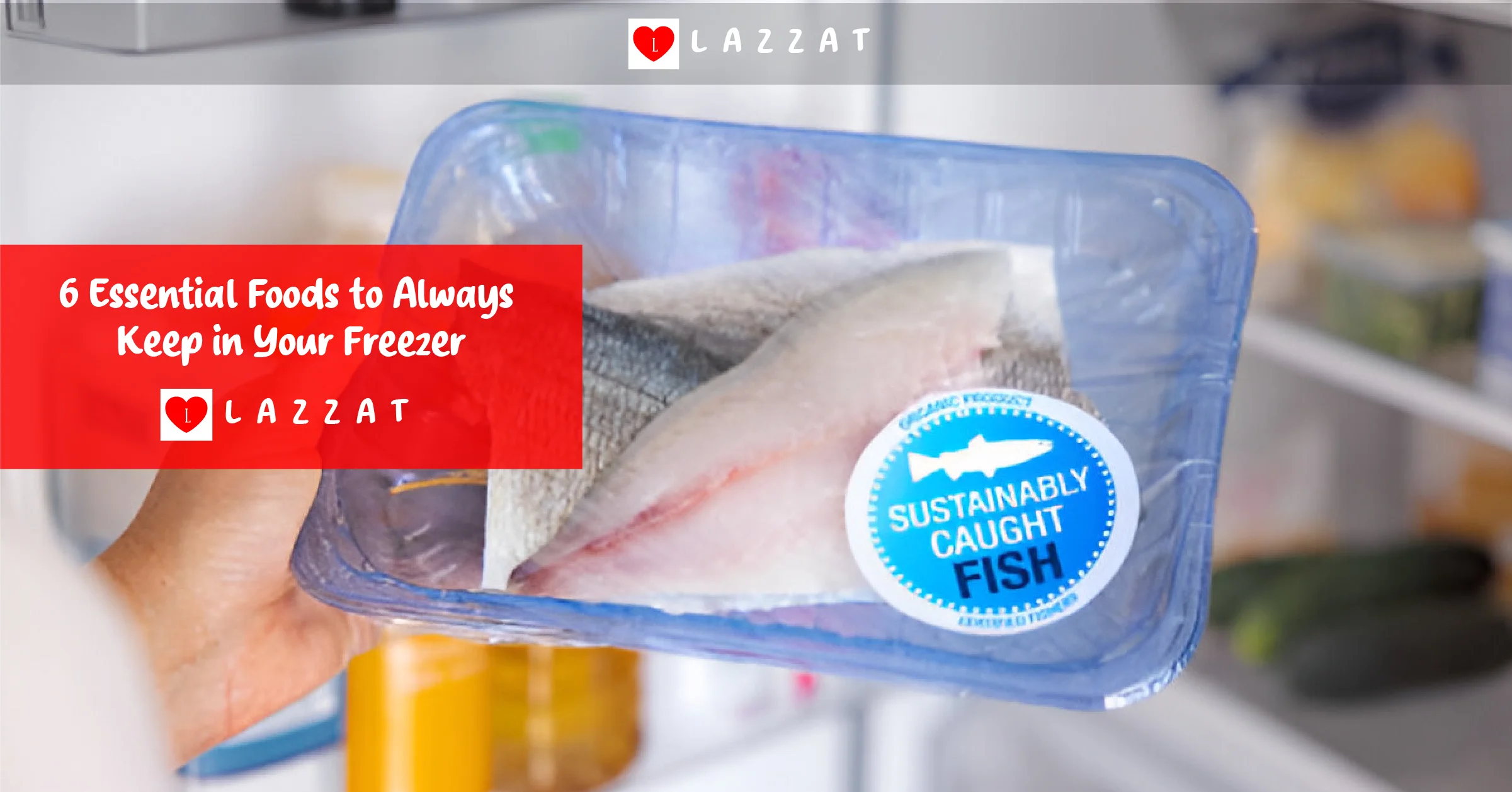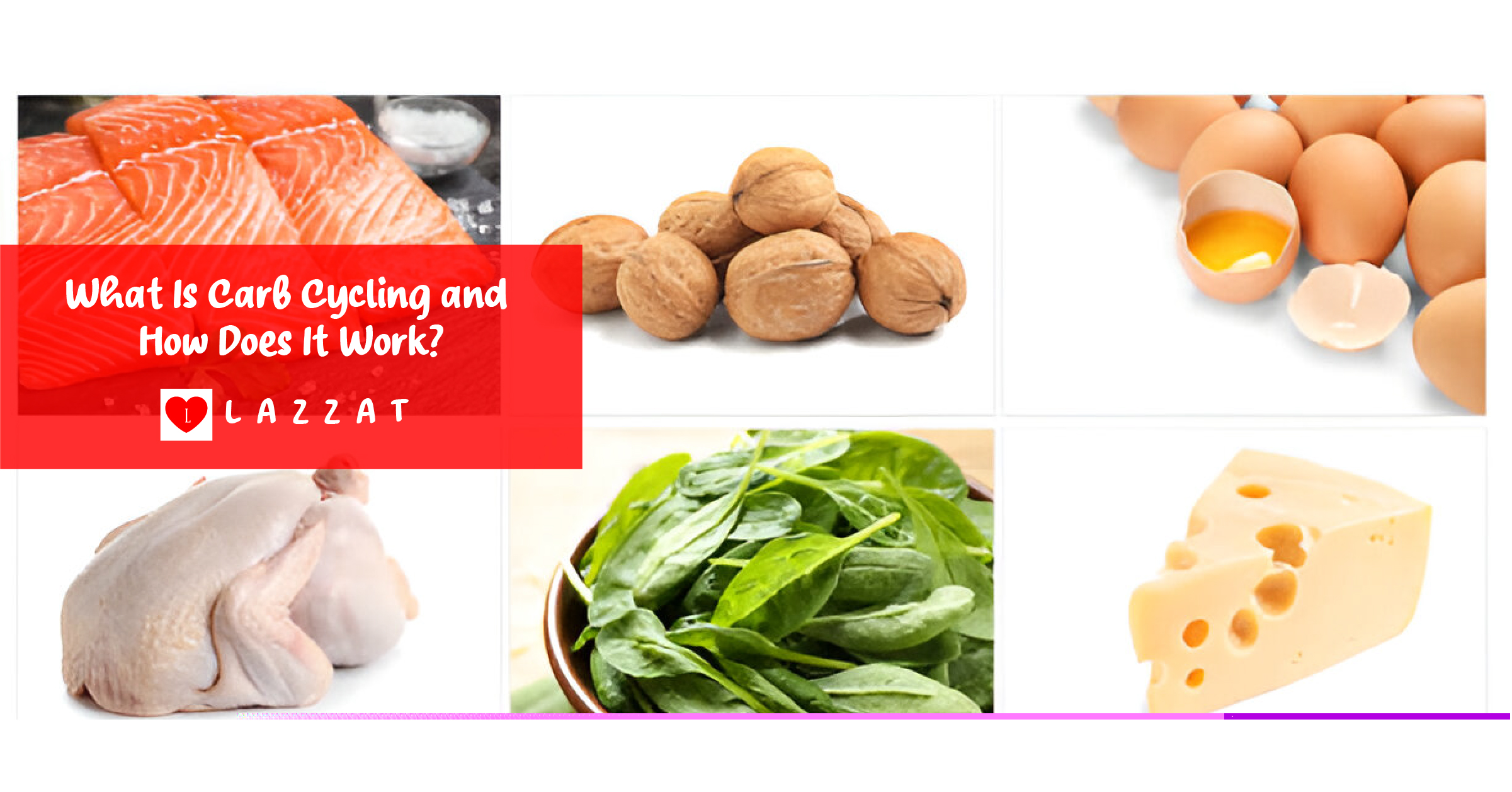Good nutrition is key to a healthy, vibrant life. Many think you only need it when you’re grown up. But, it’s important for everyone, from kids to young adults. A balanced diet can great...
Home / Balance Diet
Browsing Tag: Balance Diet
Featured Posts
6 Essential Foods to Always Keep in Your Freezer
Apr 07, 2025What Is Carb Cycling and How Does It Work?
Apr 05, 2025Delicious & Low-Calorie Recipes for Your Diet
Mar 29, 2025Category List
- Latest
- Popular






